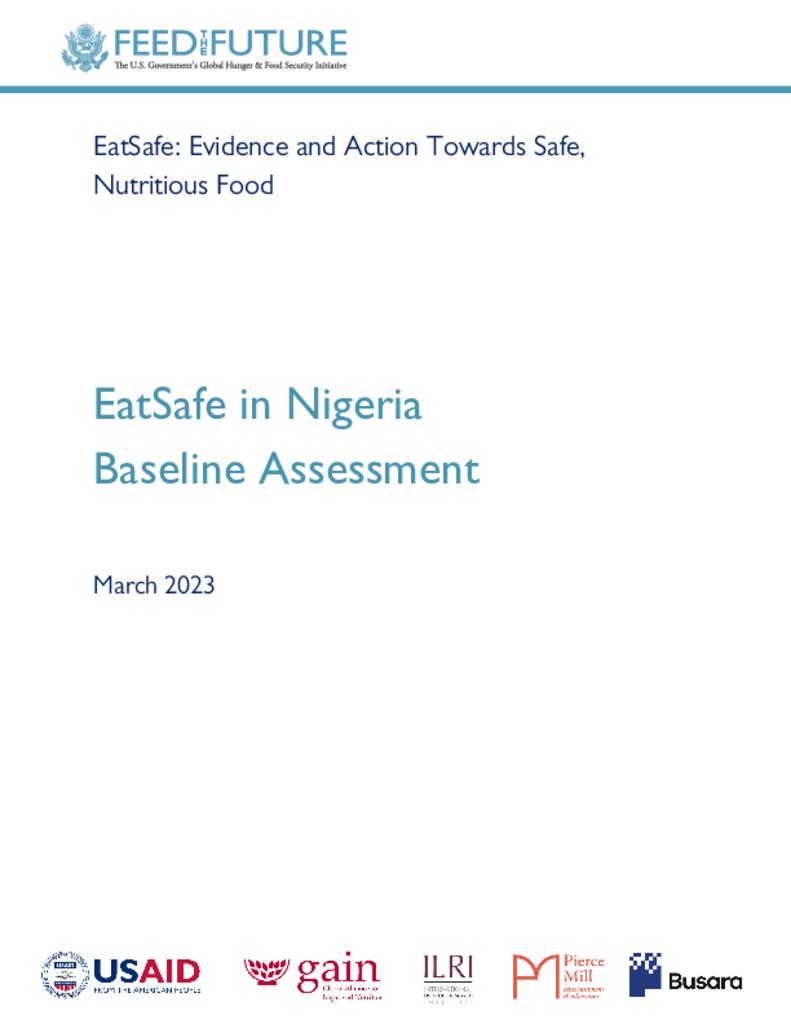This EatSafe report is part of EatSafe’s effort to evaluate the impacts of food safety behavior change interventions on consumers and vendors in traditional markets. EatSafe’s market-based interventions seek to empower consumers and vendors by increasing their ability to implement improved food safety practices through behavior change. This assessment summarized food safety behaviors and behavior drivers across four food safety macro-indices, assessed via structured surveys:
- Salience: the extent to which food safety is “top-of-mind” for respondents;
- Self-efficacy: the extent to which respondents believe they can make optimal decisions to ensure the food they purchase and eat is safe, and the extent to which they feel their actions would have an impact on food safety (i.e., locus of control);
- Knowledge: including awareness of food safety concepts and practices;
- Behaviors: including food safety practices, use of food safety cues when purchasing food in the market, and communications about food safety.
